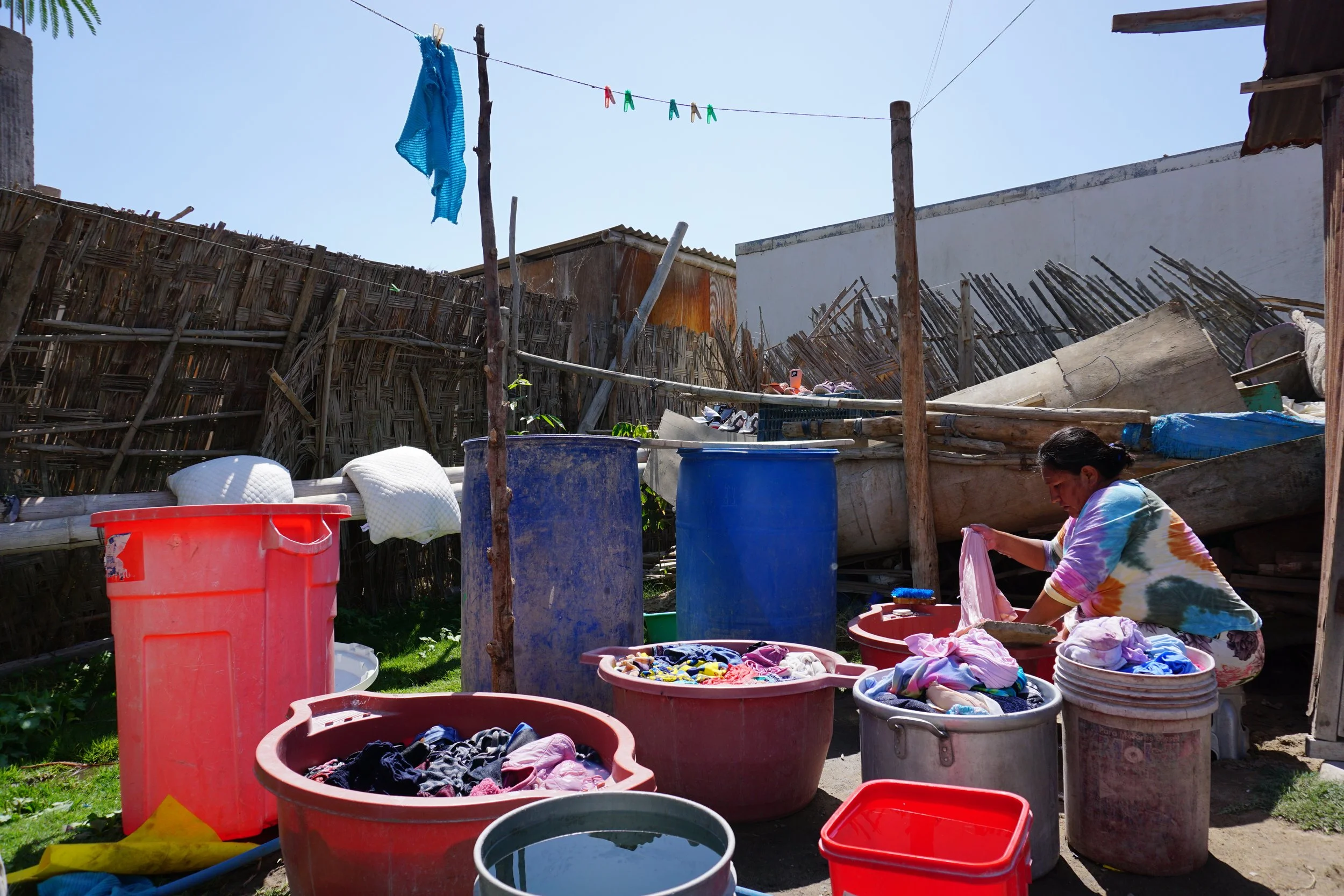
ACT NOW: kanseche flood case
the goods we’re sold should not drive injustice- demand a fair water footprint
More than 1700 rural villagers from Malawi are taking legal action against a UK company, claiming embankments built to protect its sugar plantations diverted floodwater into their village, destroying it and killing seven people, including two children.
Illovo Sugar, owned by British multinational Associated British Foods (ABF), built the embankments around their sugar plantation in Kanseche, Malawi, to protect their crops from climate impacts like flooding.
More than 500 households are still living in temporary accommodation three years on from the disaster, and have had no compensation from the company.
Now, more than 1700 Kanseche villagers are taking legal action against the company, with the UK law firm Leigh Day and with support from Water Witness.
The goods we’re sold should not be driving water related abuses like this. Call on companies and governments to do better, and ensure fair water footprints in global trade. Add your name to our petition today and help stop abuses like these.
what is a fair water footprint?
Get the full picture on Fair Water Footprints: what are they, why do they matter, and what can I do about it?
download your campaign toolkit
Everything you need to take action for fair water footprints- from template letters and social shares to ideas for community organising.
glasgow declaration
Find out how global companies, financial institutions and governments are working together for fair water footprints.

